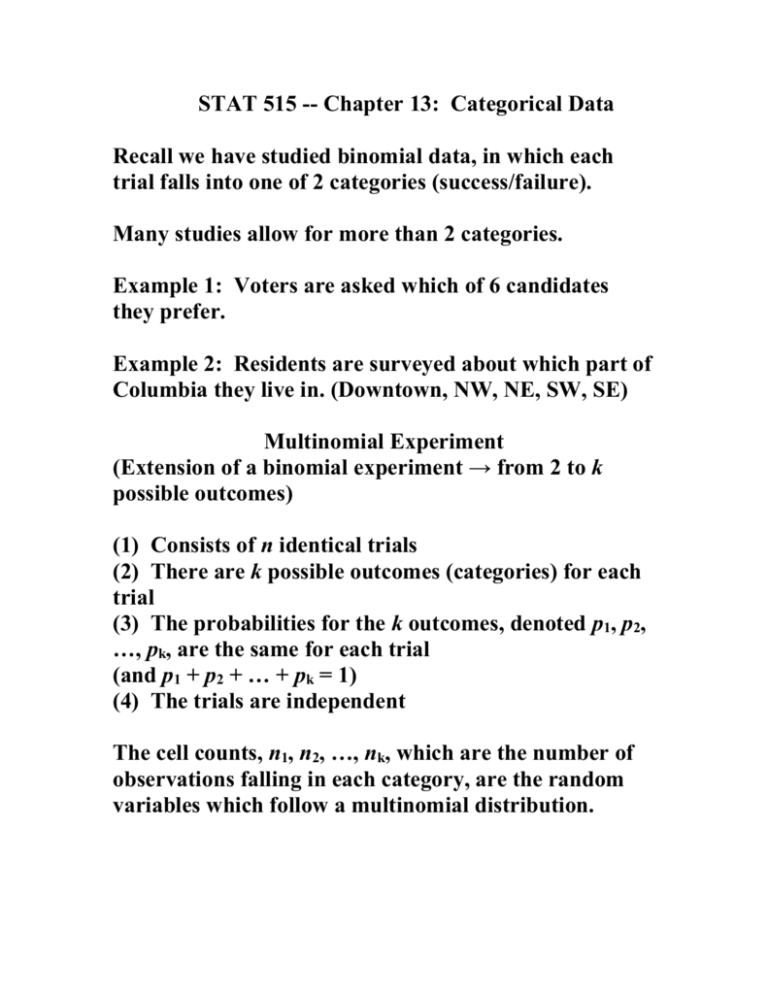
He was intelligent, respected, honorable, stern, tactless. John Quincy Adams, like his father John Adams, was an puritanical Yankee. It energized the common man to get out and vote like he'd never done before. This may be a stretch, and even if it did happen, it wasn't illegal but just the machine of politics at work.Ĭorrupt or not, the 1824 election was a turning point. Jackson and his supporters claimed the politicians had made a deal to grab the White House from the people. The ordeal looked sneaky and was thus called the "Corrupt Bargain." Adams won.Īdams later named Henry Clay to be Secretary of State. Jackson was Clay's main rival (they both were westerners) so Clay threw his support to Adams. Henry Clay, as House Speaker, was in a unique position to influence the vote. Crawford had health issues and was effectively out–it was Jackson or J. The election went to the House who'd pick the president from the top three finishers, Clay was out. Adams came in second, then Crawford, then Clay. Jackson got the most votes, but not a majority. Since the votes were spread out, no candidate got a majority of the electoral vote and won. Henry Clay, as Speaker of the House and architect of the American System, considered himself not a sectional candidate but a national figure. Three candidates were " favorite sons" for their section of the country. They all called themselves "Republicans."

There were four candidates, not two: Andrew Jackson of Tennessee, Henry Clay of Kentucky, William H. The 1824 election was unique in many ways… Specifically, the common white man as universal white manhood suffrage (all white men could vote) became the norm. The political game would soon be changed. The big winner of this transformation was the common man.

The election of 1824 was the last of the old-style politics.


 0 kommentar(er)
0 kommentar(er)
